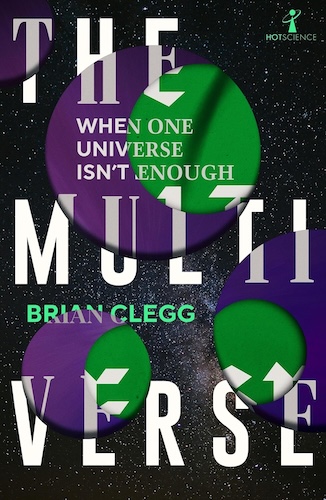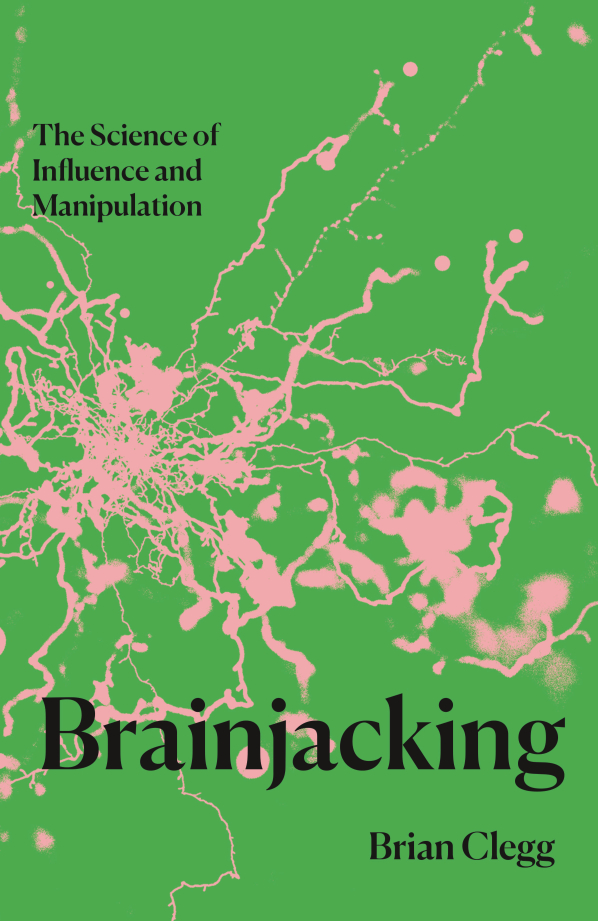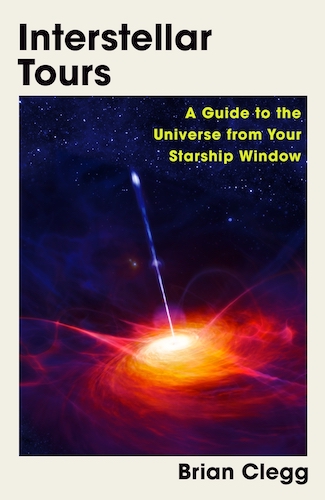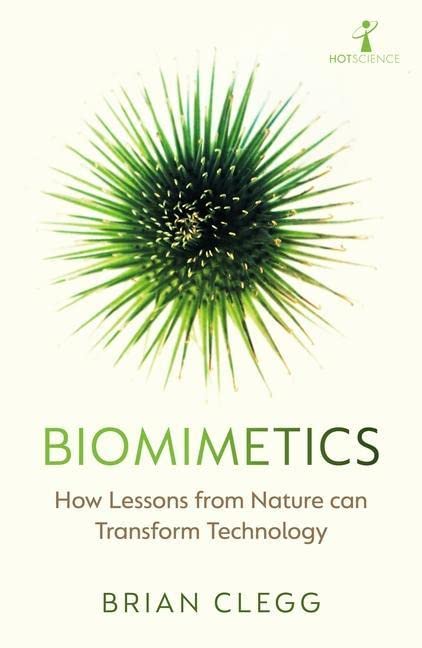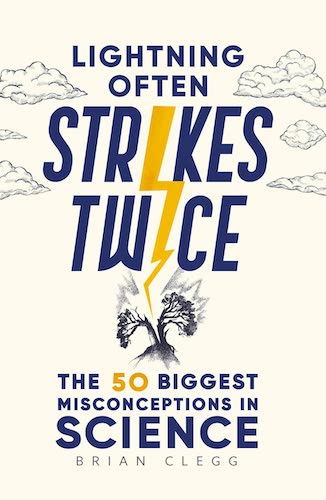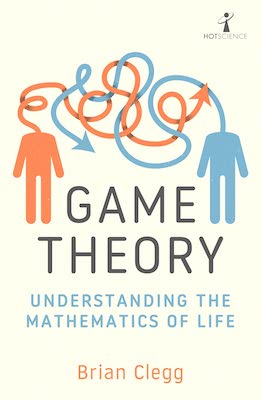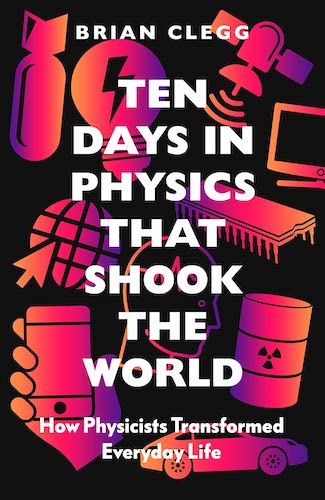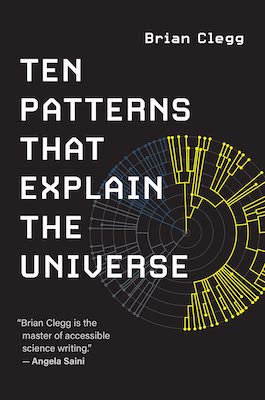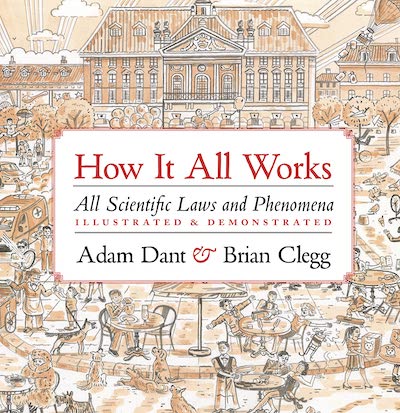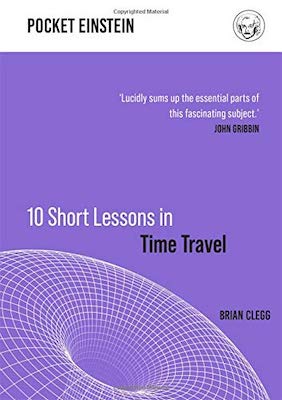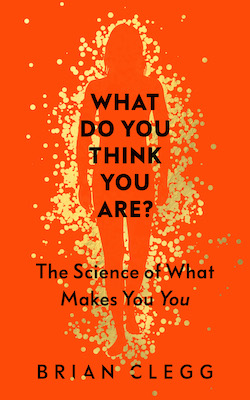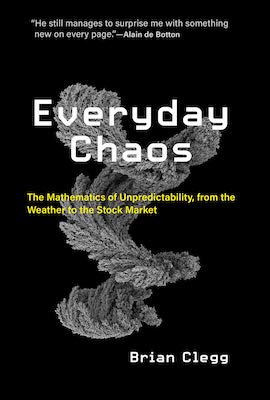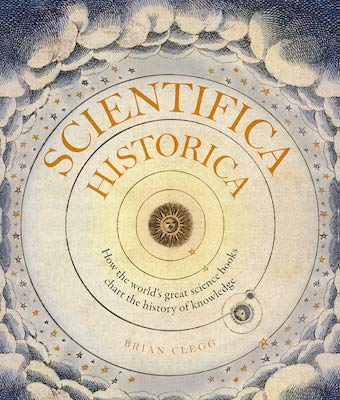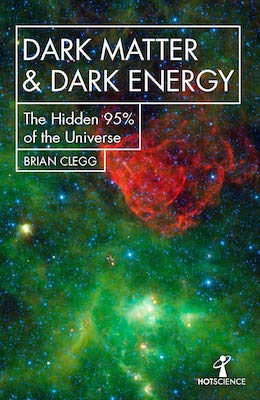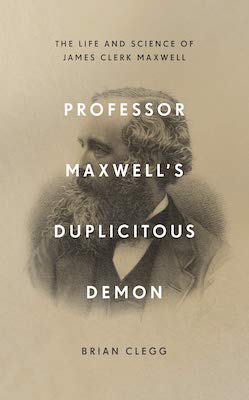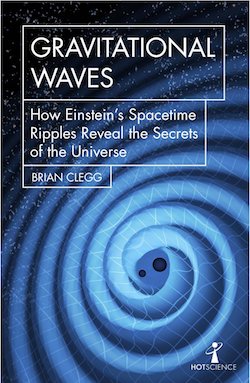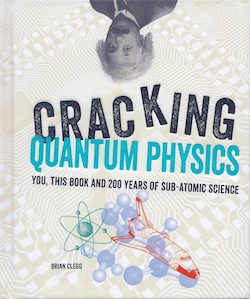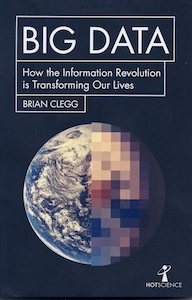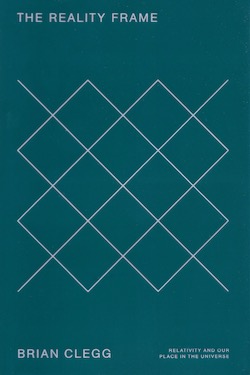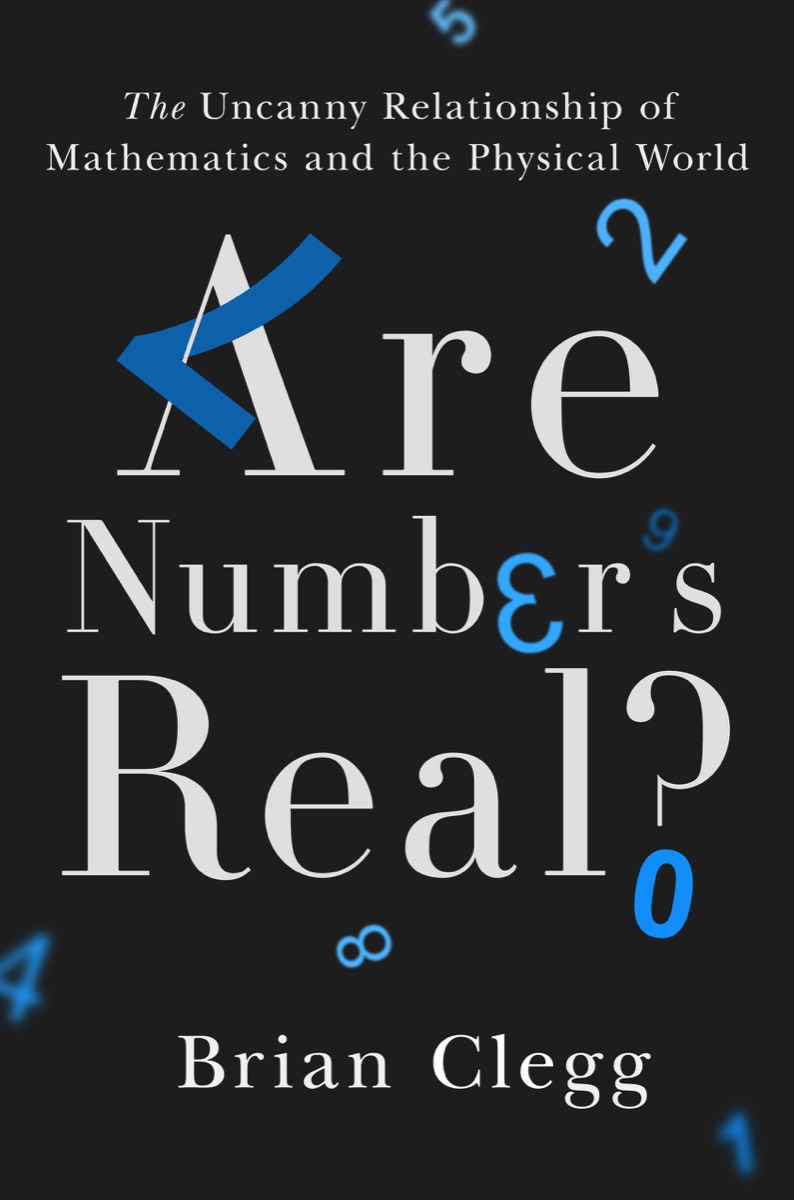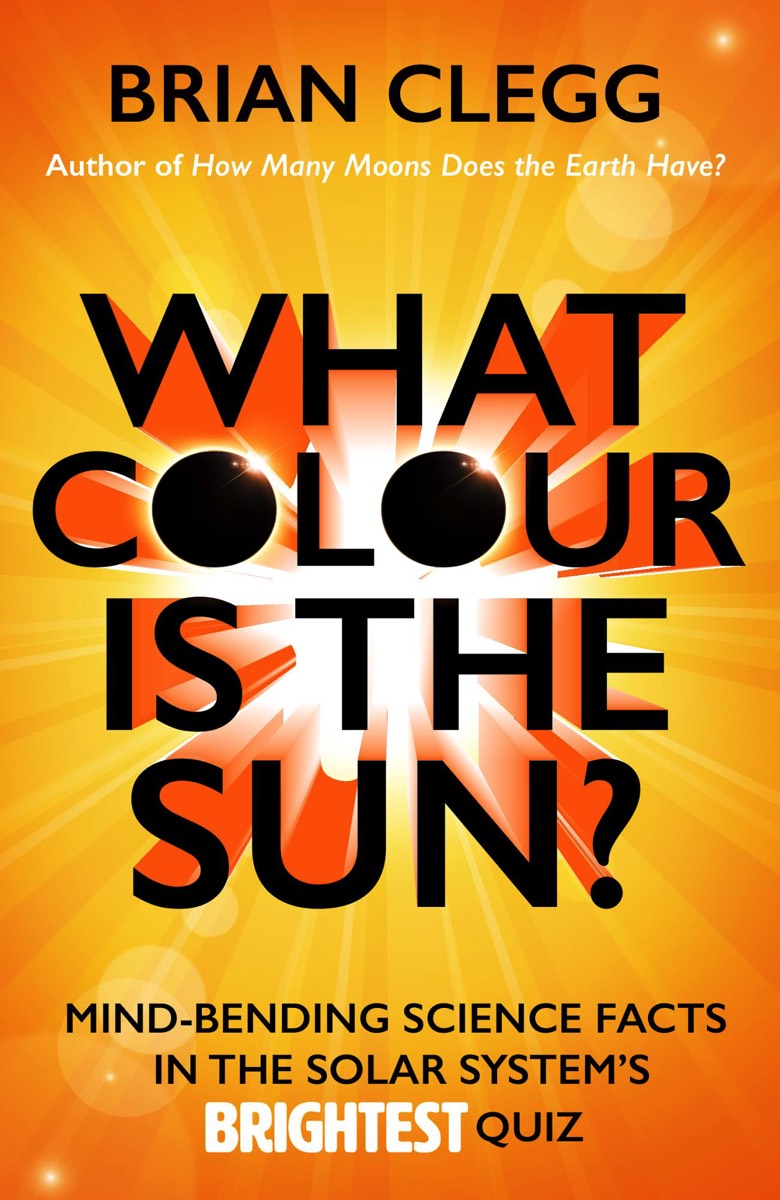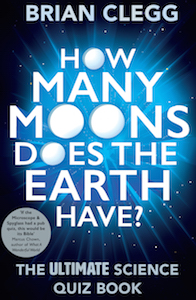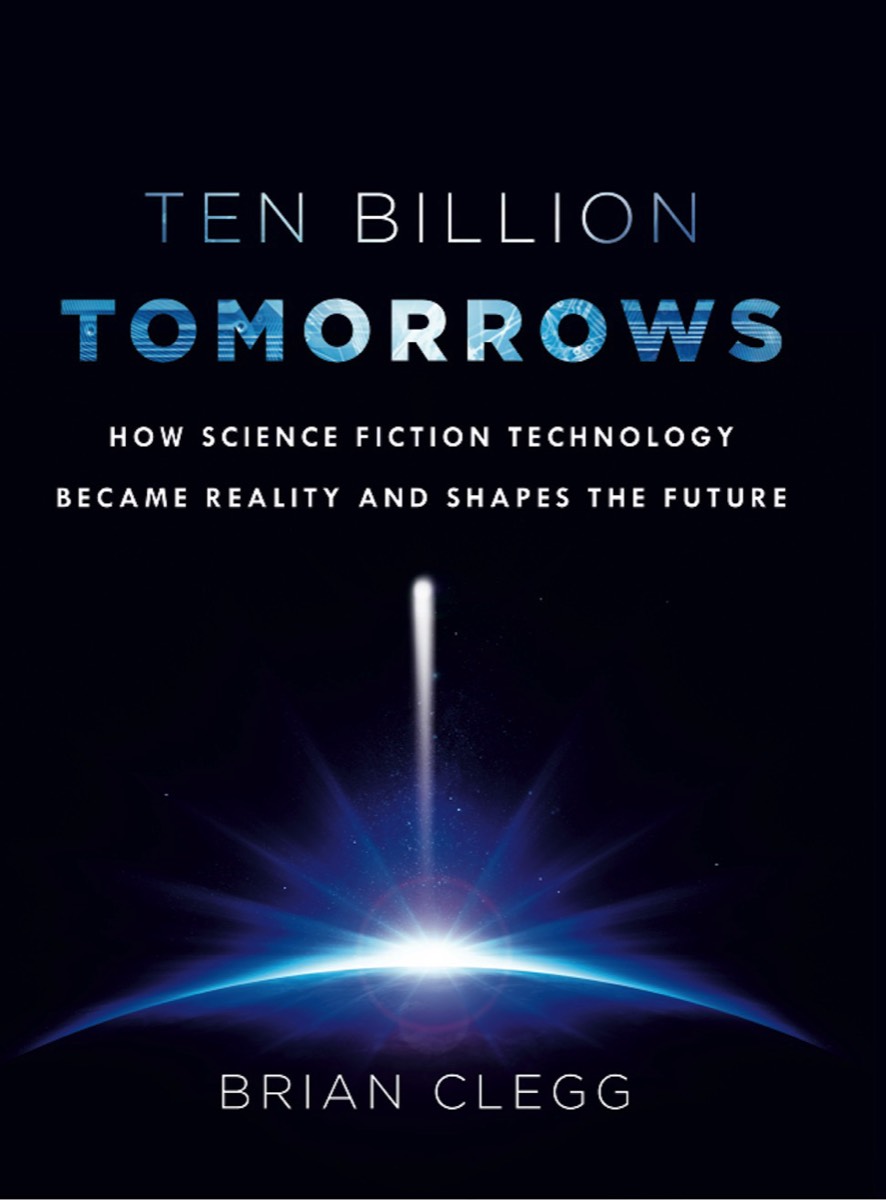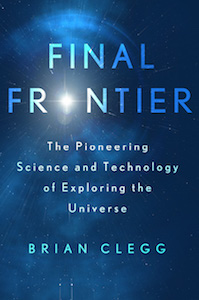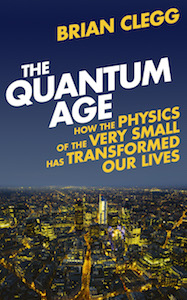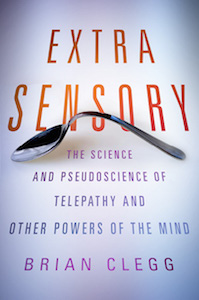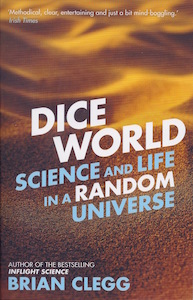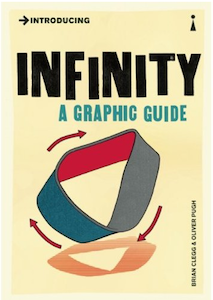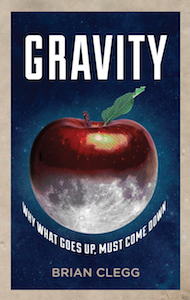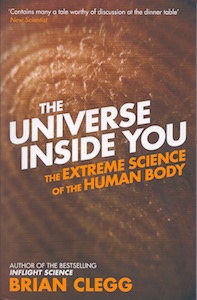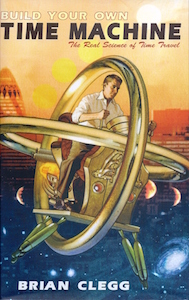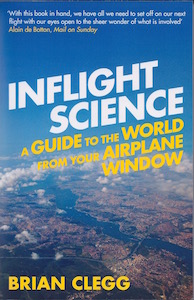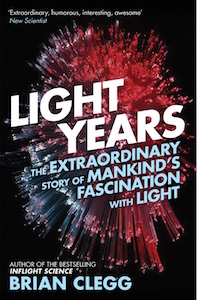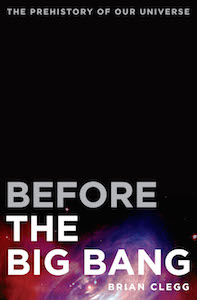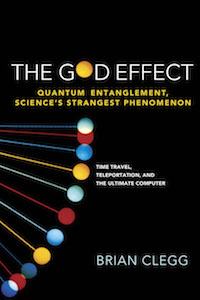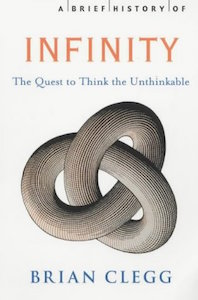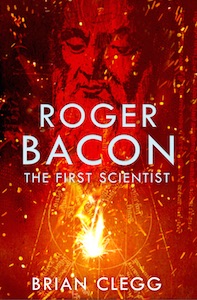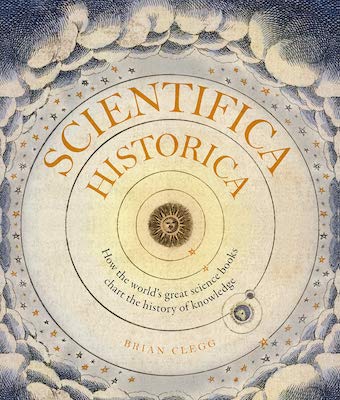
Scientifica Historica
Using glorious, well-sized and high quality images, Clegg presents the story of science.
Brian Clegg
From carvings and scrolls to glossy bound tomes, this book beautifully illustrates the evolution of scientific communication to the world.
By recounting the history of science via its key works – those books written by the keenest minds our world has known – this book reflects the physical results of brilliant thought manifested in titles that literally changed the course of knowledge.
The book is divided into five eras and explores the leading scientific pioneers, discoveries and books within them:
- Ancient World – looks at the beginnings of language, plus the first ever scientific documents produced and translated
- Renaissance in Print – explores the effects of the invention of the printing press and the exploration of the seas and skies
- Modern Classical – surveys the nineteenth century and the development of science as a profession
- Post-Classical – dissects the twentieth century and the introduction of relativity, quantum theory and genetics
- The Next Generation – reviews the period from 1980 to the modern day, showing how science has become accessible to the general public
Note for pedants - I know that the title doesn't make sense in Latin, but the publishers insisted.
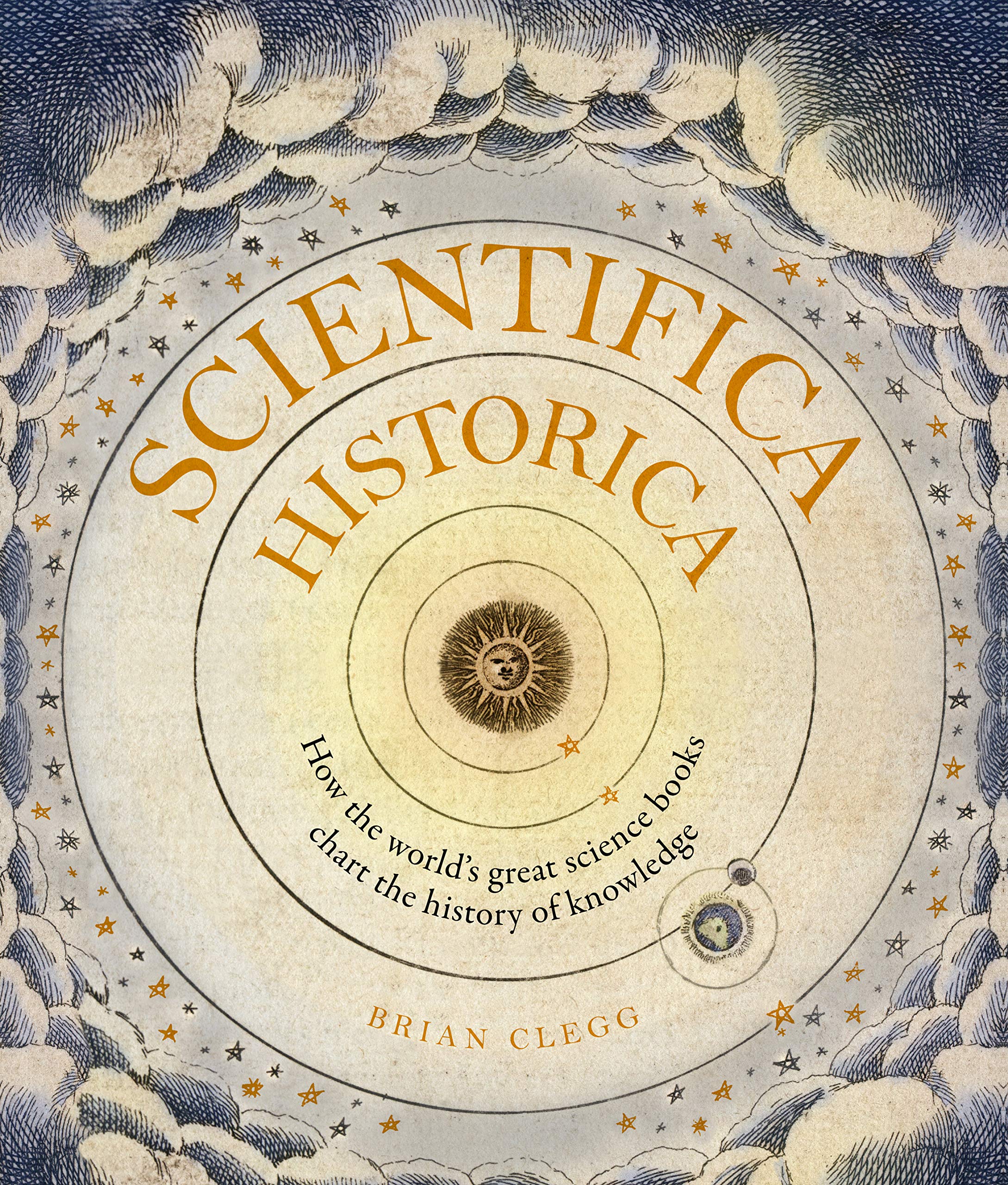
Hardback
Using these links earns us commission at no cost to you
Reviews
As a huge fan of images in books and particularly scientific texts, I find the almost overzealous use of images brilliant for making the text accessible. Using glorious, well-sized and high quality images, Clegg presents the story of science; from ancient cuneiform tablets to medieval handwritten books, the printing press right up to modern day academic texts and popular science. Along the way, Clegg highlights the key texts (or their surviving references) that changed the course of scientific thinking. As a student, I often bemoaned the lack of a history of chemistry module at university, envious of my friends studying mathematics. However, Clegg shows that no one scientific achievement is in isolation, whatever the discipline and so history of science is made all the more enjoyable. He also shines light on the often challenging truth that such theories, results and importantly their dissemination presented – from Copernicus’ contradiction of accepted religious doctrine, Stephen Hawking’s popular origins of the universe, to evidence of humanity’s most damaging traits in Rachel Carson’s Silent Spring. While this is a rather weighty and large book (not for bedtime reading), Scientifica Historica would make a splendid gift to anyone interested in science and how it all started. Clegg also provides a list of the 150 greatest science books, particularly useful if you would like to expand your own reading. Jonelle Harvey, Chemistry World
I like Scientifica Historica very much… The first thing to say is that the book is beautiful. The illustrations are lavish and inspiring much of the time – especially for me, seeing original scripts from millennia ago and handwritten notes by some deeply revered scientists but also pages and covers from great books. This makes it more of an introduction and a coffee table book than an in-depth work on the historiography of science, but that’s just fine because it fits that role very well… So, as an enticing introduction to some of the great (and in my view some not so great!) books of science, this works very well and I can recommend it. Sid Nuncius's book reviews
Writer Brian Clegg compiles science’s greatest hits, from Thales of Miletus to Sir Ernest Rutherford: to qualify, the works need both impact and ambition and to convey a sense of wonder and beauty. Clegg is an assured guide on a journey through 4,000 years of space and time. Gilbert Wong, New Zealand Listener
Links to purchase books earn us commission at no cost to you

